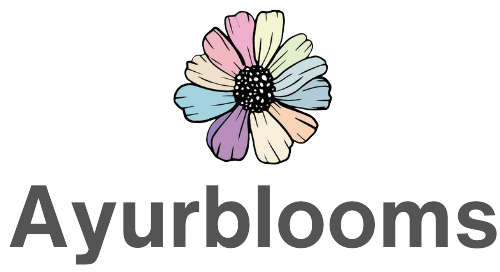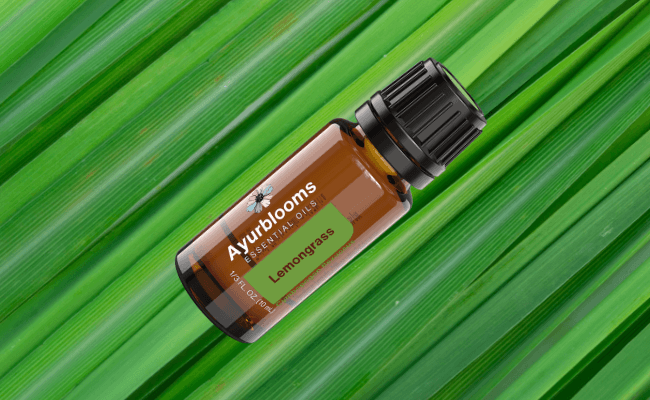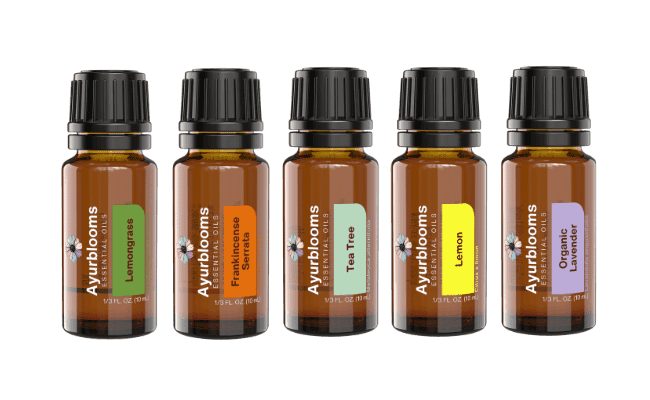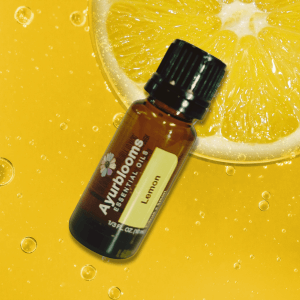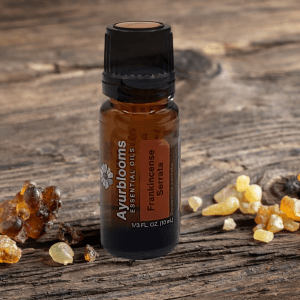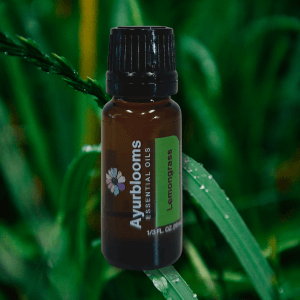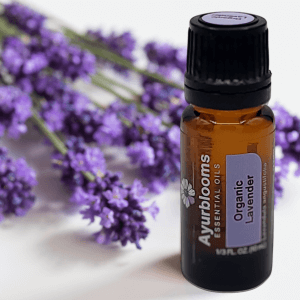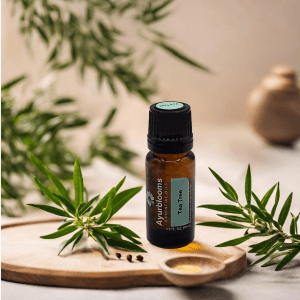Need help?
Frequently Asked Questions
General Questions
Essential oils are highly concentrated plant extracts containing aromatic compounds and therapeutic properties.
Essential oils are extracted from plant materials through methods such as steam distillation, cold pressing, or solvent extraction.
Essential oils have various benefits, including promoting relaxation, uplifting mood, supporting skin health, and aiding in respiratory function, among others.
Essential oils can be used aromatically (through diffusion) and topically (diluted with a carrier oil). However, ingestion for therapeutic purposes is not recommended by the International Federation of Aromatherapists unless under the supervision of a medical doctor who is also qualified in clinical aromatherapy.
To find a qualified aromatherapist in your area, we recommend utilizing the 'Find An Aromatherapist' feature on the Alliance of International Aromatherapist website (https://www.alliance-aromatherapists.org) or the National Association for Holistic Aromatherapy website (https://naha.org).
When used properly, essential oils are generally safe for most individuals, but it's important to follow dilution guidelines and consult with a healthcare professional if needed.
Using essential oils for ingestion purposes is not advised by the International Federation of Aromatherapists unless overseen by a medical doctor qualified in clinical aromatherapy.
To locate a certified aromatherapist in your vicinity, we suggest using the 'Find An Aromatherapist' tool available on both the Alliance of International Aromatherapist website (https://www.alliance-aromatherapists.org) and the National Association for Holistic Aromatherapy website (https://naha.org)
Not all essential oils are safe for children and pets. Caution should be exercised, and research should be done before using oils around them.
Essential oils should be stored in a cool, dark place away from sunlight and heat to preserve their potency.
The shelf life of essential oils varies but is typically between 1 to 3 years when stored properly.
Yes, essential oils can expire, and their effectiveness may diminish over time.
Essential oils can interact with medications, so it's important to consult with a healthcare professional if you're taking medications.
Pregnant or breastfeeding individuals should consult with a healthcare professional before using essential oils.
Essential oils can be environmentally friendly depending on sourcing practices and cultivation methods.
Individuals with allergies should use caution when using essential oils, as some oils may trigger allergic reactions.
Look for Ayurblooms oils that are pure, organic, and sourced sustainably, following rigorous testing. Third-party testing and certifications, such as USDA Organic or GC/MS analysis, can also indicate the quality and purity of our oils.
Specific Oils
For detailed FAQs regarding specific oils, please refer to the individual product pages.
Shipping
Shipping times may vary depending on your location and chosen shipping method. Learn More
Ayurblooms does not ship internationally. However, we are delighted to offer free standard shipping on all orders within the United States. No minimum purchase is required to qualify for free shipping. Learn More
You can track your package every step of the way! Once your order is shipped, you'll receive a confirmation email with tracking details. Need assistance? Contact our customer support team at info@ayurblooms.com for prompt updates and assistance.
If you haven't received your order, please follow these steps:
- Check the Order Confirmation: Ensure that you received an order confirmation email from Ayurblooms. This email will have your order details and tracking information.
- Track Your Order: Use the tracking number provided in your confirmation email to check the status of your delivery.
- Contact Customer Support: If the tracking information shows no progress or if you haven't received any updates, please contact our customer support team at info@ayurblooms.com with your order number. We will investigate the issue and provide you with a solution as quickly as possible.
- Check with Neighbors or Delivery Location: Sometimes, orders may be left with a neighbor or in a secure location around your property. Please check these areas to ensure your package hasn't been delivered there.
We apologize for any inconvenience and appreciate your patience as we resolve this issue for you.
Return Policy
Our return policy allows for returns within 30 days of purchase, subject to certain conditions. Learn More
Product-Specific FAQs
Our essential oils are sourced from reputable suppliers who adhere to strict quality and sustainability standards. Learn More
Yes, our essential oils are certified organic and undergo rigorous testing to ensure purity. Learn More
Yes, we are proud to offer cruelty-free products that are not tested on animals. Learn More
Yes, bulk purchasing options are available for customers interested in larger quantities of our products. For more information, reach out to us at info@ayurblooms.com.
We offer discounts for bulk purchases. For more information, reach out to us at info@ayurblooms.com.
Usage and Safety
Essential oils should be diluted with a carrier oil before applying them directly to the skin.
Dilution ratios for topical use vary depending on the oil and intended application. For specific dilution guidelines tailored to each oil, please refer to the respective product page.
Yes, adding essential oils to baths can create a relaxing experience. Ensure proper dilution to avoid skin irritation.
Yes, essential oils can be used in a humidifier to create a pleasant atmosphere. Follow the manufacturer's guidelines for usage.
Yes, blending different essential oils can create unique aromatic experiences. Research proper blending techniques and recommended combinations.
The frequency of essential oil use depends on individual preferences and needs. Start with small amounts and adjust as needed.
Essential oils should be used with caution in sensitive areas, and proper dilution is recommended.
The amount of essential oil needed for diffusion depends on factors such as room size and personal preference. Follow recommended guidelines for specific oils.
Utilizing essential oils for culinary purposes is not recommended by the International Federation of Aromatherapists unless under the supervision of a culinary professional who is also knowledgeable in culinary aromatherapy.
To find a qualified culinary aromatherapist in your area, we suggest utilizing the 'Find An Aromatherapist' feature on both the Alliance of International Aromatherapist website (https://www.alliance-aromatherapists.org) and the National Association for Holistic Aromatherapy website (https://naha.org).
Health Concerns
Like any product, essential oils may have potential side effects. Use them responsibly and discontinue use if adverse reactions occur.
Skin irritation can arise from improper use of essential oils. It is recommended to conduct a patch test before widespread application by applying a small amount of diluted essential oil to a small area of skin, such as the inner forearm. Observe for any signs of irritation or adverse reactions over the next 24 hours. If no irritation occurs, the essential oil is likely safe for use. Additionally, always dilute essential oils appropriately before applying them to the skin to minimize the risk of irritation.
Strong odors from essential oils may trigger headaches in sensitive individuals. Use oils in well-ventilated areas and in moderation.
Yes, essential oils can potentially help with sleep. Oils like lavender, chamomile, and cedarwood are renowned for their calming and soothing properties. Lavender, in particular, is widely researched and often recommended for its ability to promote relaxation and improve sleep quality. The aromatic compounds in these oils can help reduce anxiety, ease tension, and create a calming environment, which may support better sleep. For optimal results, they can be used in various ways, such as diffusing them in your bedroom, adding a few drops to a warm bath, or incorporating them into a nighttime routine.
Yes, essential oils can aid in managing anxiety and stress. Oils like lavender, bergamot, chamomile, and frankincense are known for their calming effects. Lavender helps soothe the nervous system, bergamot lifts mood, chamomile promotes relaxation, and frankincense fosters a sense of peace. Using these oils in a diffuser, bath, or applied topically (diluted) can support stress relief, but they work best alongside other stress management techniques.
Essential oils such as eucalyptus or peppermint may offer respiratory support, but they should not replace medical treatment for respiratory conditions.
While essential oils may provide temporary relief for headaches or migraines, it's essential to address underlying causes and seek appropriate medical care when needed.
